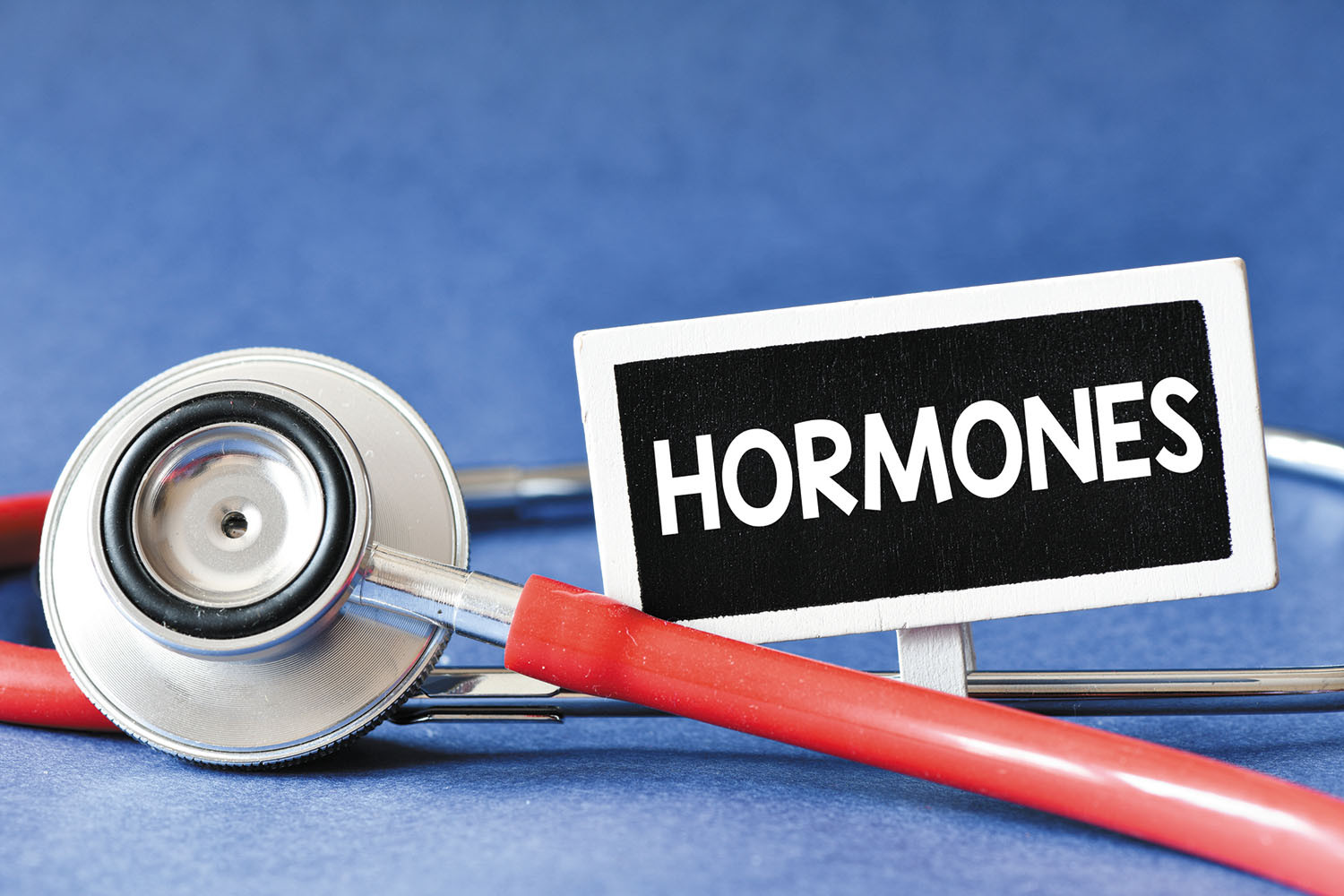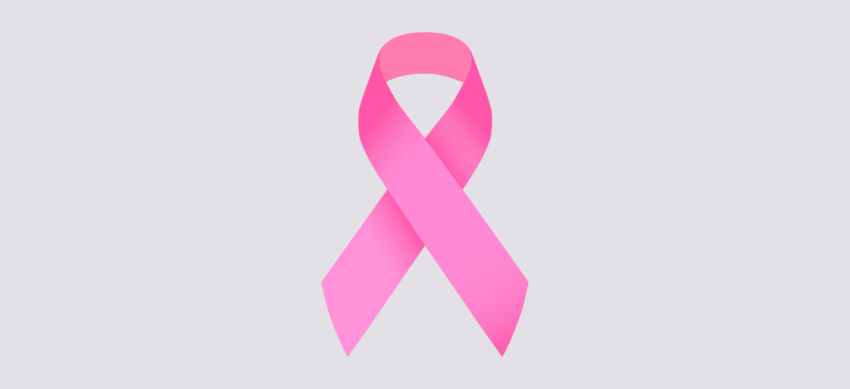Breast cancer occurs when breast cells’ genetic makeup changes, causing interference of the control of cell division and growth. Typically, the mutated cells are killed by the body or your immune system. However, some of these cells might escape attack from the body’s defence mechanism and develop unchecked to form a breast tumour. Although the exact root cause of an individual’s breast cancer might be unknown, several factors such as obesity and genetics are strongly associated with the condition.
One of the risks of contracting breast cancer is old age and the female gender. Data indicates that males are 100 times less prone to developing breast cancer than women. According to the National Cancer Institute, approximately 190,000 women are diagnosed with cancer of the breast annually. Conversely, about 2000 men are presumed to be diagnosed in hospitals with breast cancer annually.
Hormone level
The fluctuations of hormone levels that occur as women approach menopause may increase the likelihood of developing breast cancer. Statistics indicate that less than 15% of women below 45 develop breast cancer. Leading breast cancer treatment, such as surgical removal of the tumour or radiation, can help fight cancer cells due to high estrogen levels.

Genetics & family history
Family history and genetics play a critical role in the likelihood of developing breast cancer. The risk of having breast cancer doubles if any family member, especially your daughter, sister, or mother, had or is currently battling breast cancer. Moreover, changes in the BRCA-2 and BRCA-1 genes enhance your breast cancer risk. Other rare genetic mutations can make women more susceptible to the growth of breast cancer.
Body traits
Obesity, menstrual history, and breast changes comprise body traits that can significantly increase breast cancer susceptibility. After menopause, your fat tissues might cause an increase in the concentration of estrogen. High concentrations of estrogen enhance the risk of developing cancer of the breast. Additionally, abdominal fat deposition and more prolonged exposure of the sex hormones due to early onset of menstruation (below age 12) and late menopause (above age 55) increases the risk level.

Age factor
Women without children or those that become pregnant after 35 years have a higher risk of developing breast cancer. Research indicates that breastfeeding decreases breast cancer risk. Additionally, women with more fibrous and glandular tissue than fat tissue have a higher likelihood of developing the illness. Also, certain types of benign breast cancer conditions might elevate the risk of breast cancer.
Lifestyle
Your lifestyle, which includes exercising, alcohol consumption, smoking, and diet, contributes to the likelihood of breast cancer development. The Women’s Health Initiative established that a diet with low fat reduces the risk of breast cancer. Currently, evidence indicates that physical exercises at least 45 minutes each day for five days weekly reduces breast cancer risk. Research indicates a direct proportionality between alcohol consumption and breast cancer risk where the more you drink, the more likely you might develop the condition.
Medicines
Previous medications such as hormonal therapy and oral contraceptives predispose women to breast cancer. The risk of breast cancer decreases with time as one stops taking the medication. Diethylstilbestrol (DES) was previously administered to pregnant women as an antinausea drug. However, DES was stopped due to an elevated risk of breast cancer for girls whose mothers used the drug during pregnancy. Apart from increasing your breast cancer risk, combined hormonal therapy enhances the likelihood of diagnosing the illness at an advanced stage.

People or women exposed to radiation as young adults or children have a higher likelihood of developing breast cancer. Women who receive radiation therapy for other medical conditions, especially around the chest region, have a higher chance of breast cancer.

